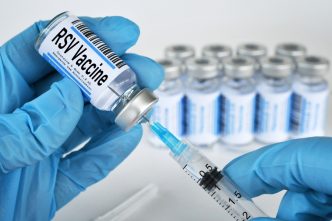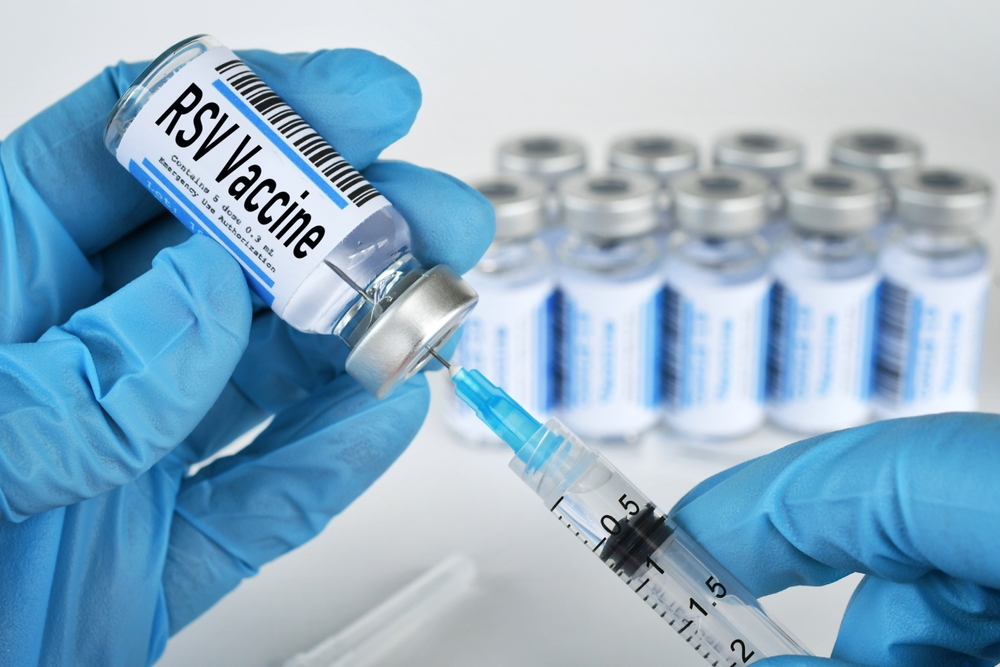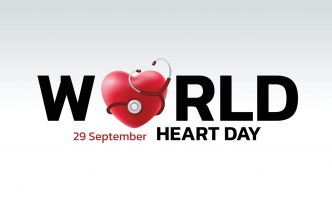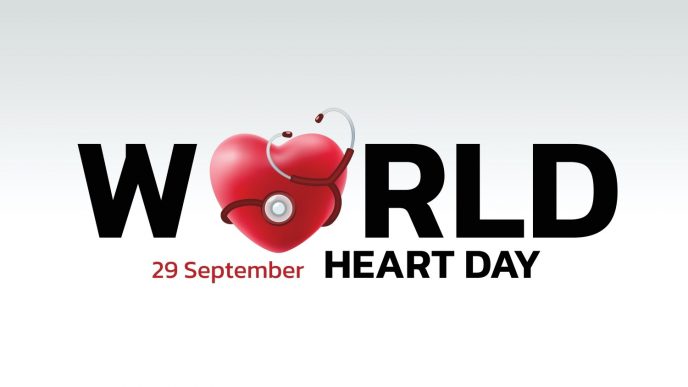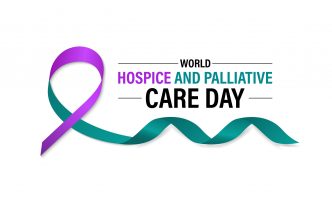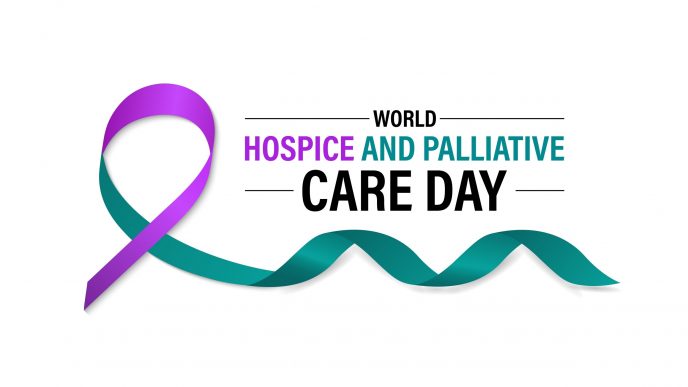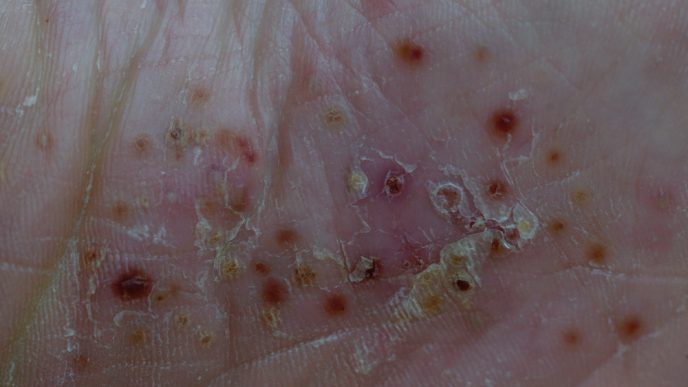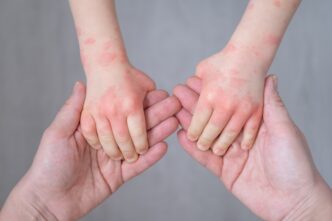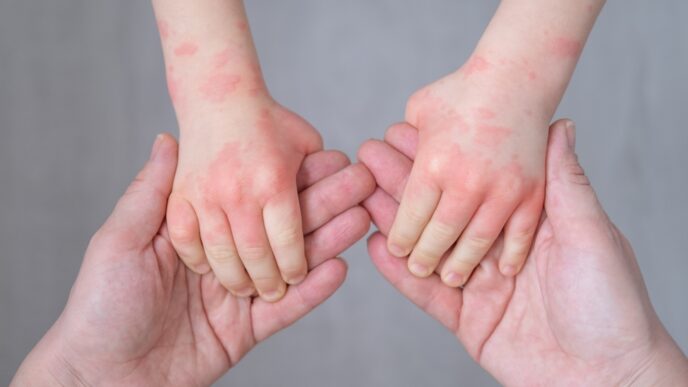WORDS LIM TECK CHOON
AN INTRODUCTION TO RESPIRATORY SYNCYTIAL VIRUS
- Respiratory syncytial virus (RSV for short) is a common virus that primarily infects the lungs and respiratory tract.
- It spreads easily through respiratory droplets when an infected person coughs or sneezes.
- The virus can survive on surfaces for several hours.
- RSV is highly contagious and can infect almost all children by the time these children are 2 years old.
- The virus causes cells in the respiratory tract to fuse together, forming large multinucleated cells, which is where it gets its name ‘syncytial’.
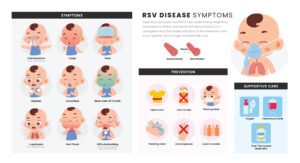
An overview of RSV disease. Click on the image to view a larger, clearer version.
| For more information on RSV, catch up with Dr Lee Onn Loy in our previous article on this topic. |
RSV AND ITS IMPACT ON OLDER ADULTS
 FEATURED EXPERT FEATURED EXPERTPROFESSOR DR AHMAD IZUANUDDIN ISMAIL Deputy Director & Consultant Respiratory Physician Hospital Al Sultan Abdullah Universiti Teknologi MARA (HASA UiTM) |
- RSV also significantly affects older adults. It is increasingly recognized as a major cause of respiratory illness in older adults, particularly those aged 60 and above.
- Older adults with pre-existing conditions such as chronic obstructive pulmonary disease (COPD), heart disease, or weakened immune systems face a higher risk of developing severe outcomes from an RSV infection.
- RSV can also worsen existing health issues, leading to conditions like congestive heart failure and worsening asthma.
“RSV can lead to severe outcomes especially among older adults with co-morbidities such as asthma, COPD and chronic heart failure,” says Professor Dr Ahmad Izuanuddin Ismail. “They also have increased risk of hospitalization following the RSV infection.”
He then elaborates: “It is important for us to protect patients aged 60 and above with co-morbidities. It is time we protect our older adults with underlying health conditions from RSV infection to enable them to lead a good quality of life especially in their golden age. By prioritizing the well-being of older adults, we can collectively foster a healthier and more vibrant society, ultimately enhancing the quality of life for all generations.”
VACCINATION AS A KEY METHOD TO REDUCE THE RISK OF SEVERE COMPLICATIONS
- Vaccines are available to protect people against RSV.
- Recently, GlaxoSmithKline Pharmaceutical Sdn Bhd (GSK) announced that their latest RSV vaccine for adults 60 years old or older has been approved in Malaysia.
- The vaccine is approved based on positive data from a phase III trial, where the vaccine demonstrated high overall vaccine efficacy of 82.6% against lower respiratory tract disease.
- This vaccine was generally well tolerated with an acceptable safety profile.
- Some observed adverse events included injection site pain, fatigue, myalgia, and headache. These were typically mild to moderate and lasting within a few days after vaccination.
Following the approval of the vaccine, Dr Alap Gandhi, the Country Medical Director of GlaxoSmithKline Pharmaceutical Sdn Bhd (GSK) Malaysia and Brunei tells us: “Today’s announcement is a major step forward from a public health perspective, as it allows us to deliver an RSV vaccine in Malaysia to protect older adults.”
Reference: GlaxoSmithKline Pharmaceutical Sdn Bhd. (2024, September 25). GSK’s Arexvy is a vaccine approved to protect older adults from respiratory syncytial virus (RSV) disease in Malaysia [Press release, KKLIU 2755 / EXP 17.3.2025].

